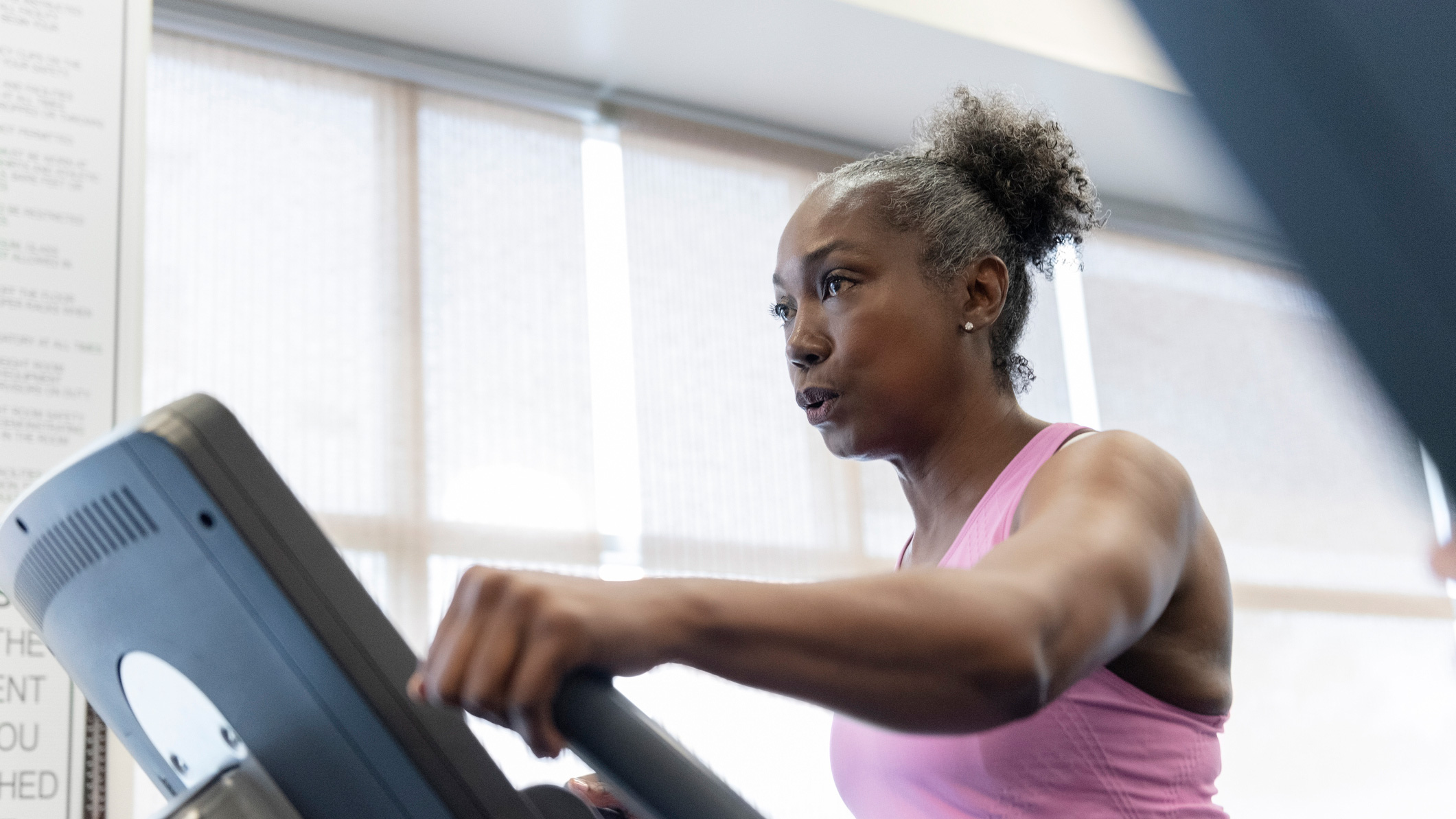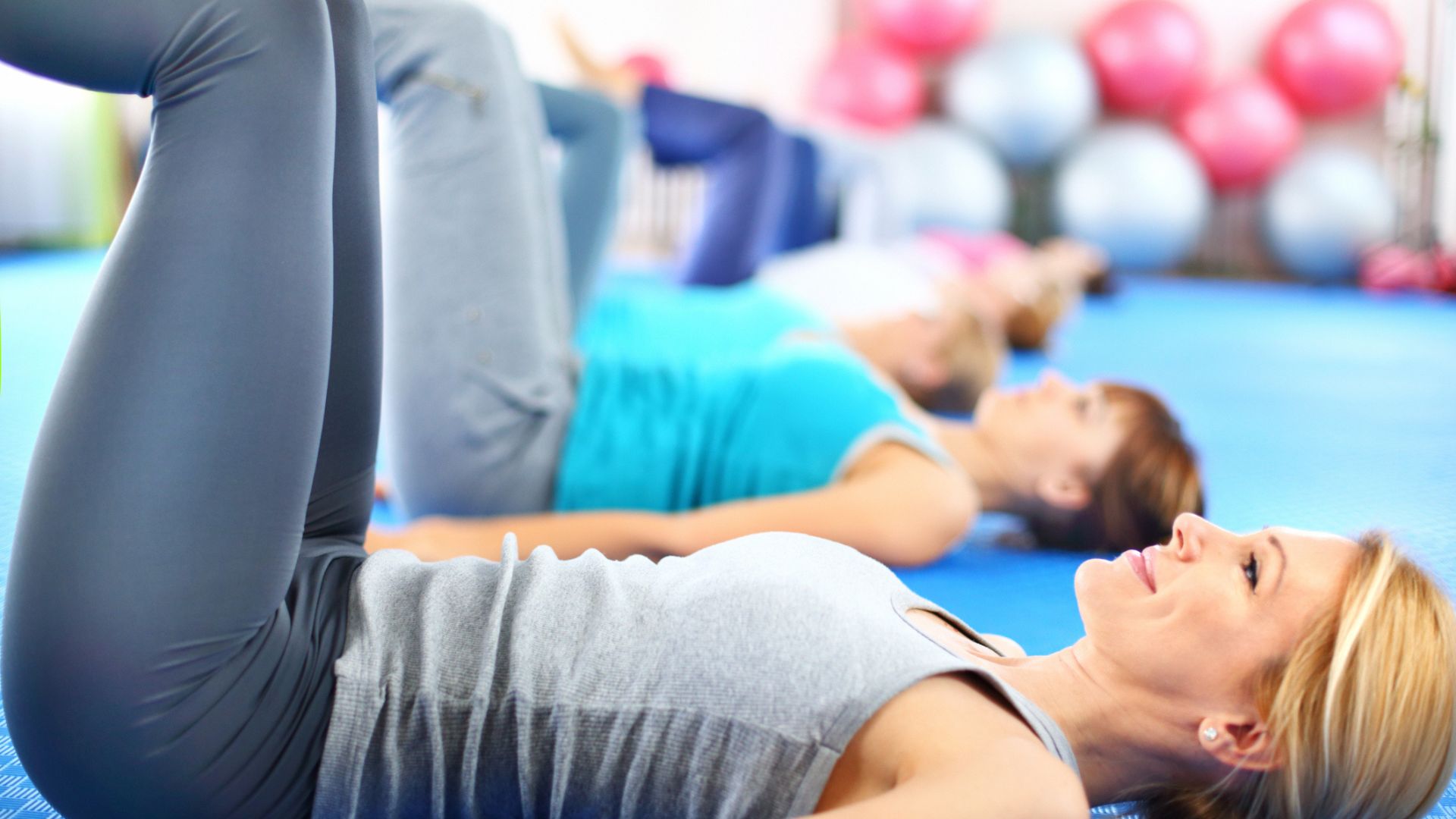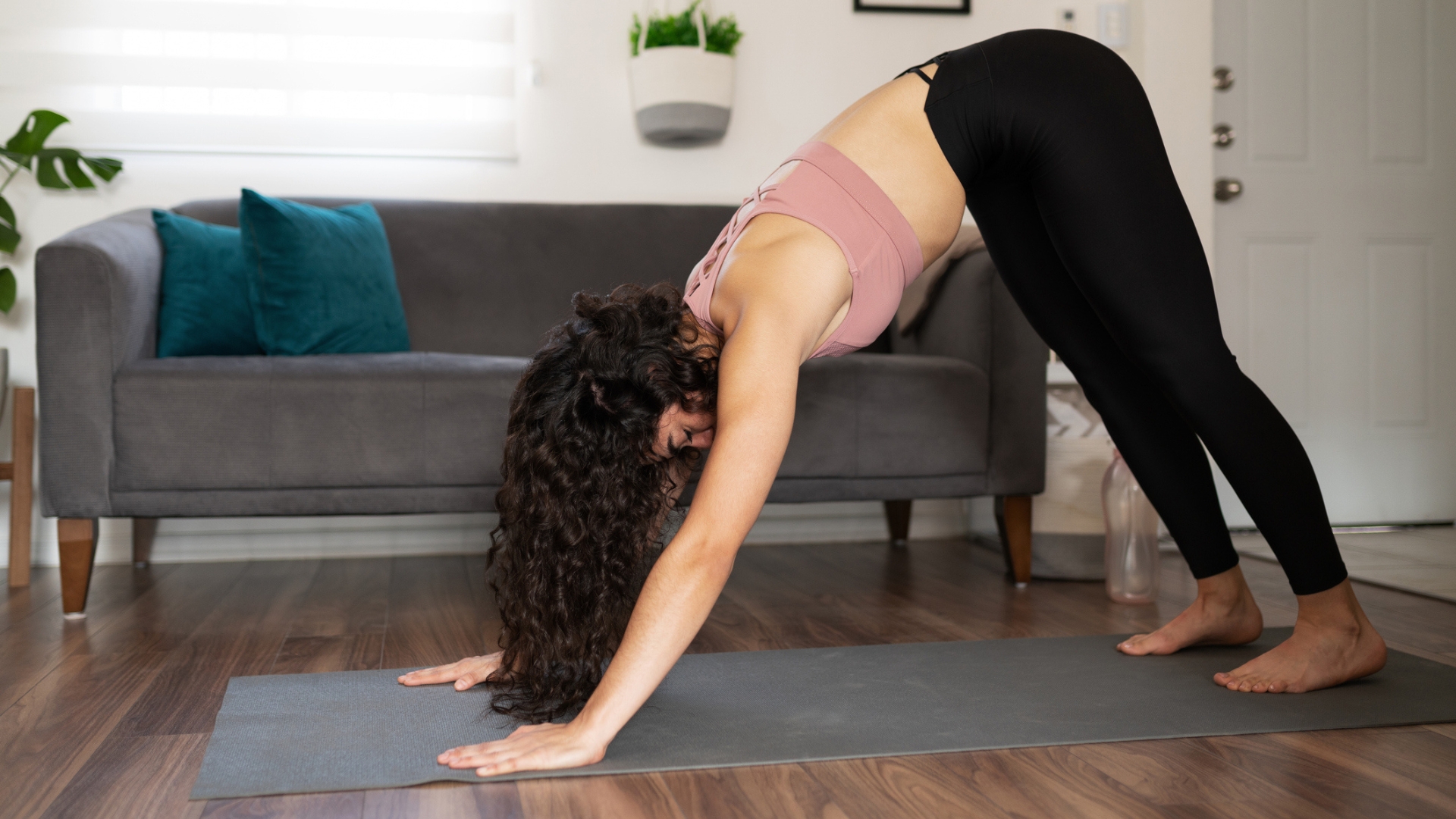Over 60? Staying active keeps your brain young, according to research
Staying active when over 60 is important to ward off dementia and other brain-degenerative diseases


If you're over 60 and you're thinking about ways to protect your brain, keep your head healthy and stave off harmful degenerative disease like dementia, there's good news. You can keep your heart and body healthy at the same time by getting out and going for a run, or lifting weights in the gym.
That's because older people who remain active have different brain chemistry than sedentary older adults, according to a new study.
The researchers from the University of California in San Francisco, found that when older adults stay active, whether that's on one of the best exercise machines to lose weight at home, or out and about for a jog or stroll, their "brains have more of a class of proteins that enhances the connections between neurons" which helps maintain healthy cognition.
Kaitlin Casaletto, PhD and lead author of the study, wrote: "Our work is the first that uses human data to show that synaptic protein regulation is related to physical activity and may drive the beneficial cognitive outcomes we see."

"Our work is the first that uses human data to show that synaptic protein regulation is related to physical activity and may drive the beneficial cognitive outcomes we see."
Physical activity is extremely important for older adults, but if you're just coming back into fitness after a long absence, the idea can be quite intimidating. Fortunately, no-one's going to force you to do CrossFit or start pounding the pavement – fitness is something you can do at a level you're comfortable with.
Walking is an easy one to incorporate into your day. A brisk walk can get you outside into nature, or you can simply do it on the way to the shops and back. It's low-impact, so easy on your joints, and requires very little barrier to entry – all you need are the best shoes for walking to get started.
Get the Fit&Well Newsletter
Start your week with achievable workout ideas, health tips and wellbeing advice in your inbox.
Alternatively, you could opt for an exercise machine for home, which is low-impact but will also strengthen your muscles to prevent them weakening with age-related atrophy. The best elliptical machines are perfect for this, providing a total-body workout with varying resistance levels, all from the comfort of your own home.
Finally, you'll want to make sure you're eating to protect your brain health too. There is some evidence that eating fewer processed foods and more leafy green vegetables, nuts, seeds, pulses and oily fish – in other words, following a Mediterranean diet – can help reduce dementia risk.
Matt Evans is an experienced health and fitness journalist and is currently Fitness and Wellbeing Editor at TechRadar, covering all things exercise and nutrition on Fit&Well's tech-focused sister site. Matt originally discovered exercise through martial arts: he holds a black belt in Karate and remains a keen runner, gym-goer, and infrequent yogi. His top fitness tip? Stretch.
-
 A Pilates instructor says this is the beginner-friendly core exercise everyone should try
A Pilates instructor says this is the beginner-friendly core exercise everyone should tryForget crunches, this is the perfect foundation move
By Alice Porter Published
-
 Prevent poor posture and release tension from sitting down with these four simple stretches from a yoga instructor
Prevent poor posture and release tension from sitting down with these four simple stretches from a yoga instructorThe daily poses he swears by, no matter what
By Alice Porter Published